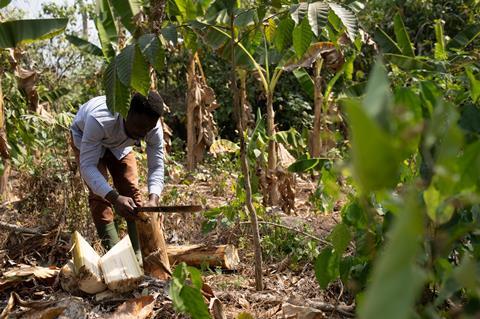
Fairtrade is scaling up satellite monitoring of forested areas and farms to more than one million cocoa and coffee producers, to help tackle anti-deforestation practices and enable greater access to European markets amid tougher regulation.
The programme will take place in partnership with Satelligence and aims to provide Fairtrade co-operatives with better data on their members’ farms and their deforestation risks.
The farmers, cultivating a total of 2.5 million hectares, can then share the data with their commercial partners. This will allow them access to important international markets as more countries look to clamp down on deforestation.
The move comes amid concerns that smallholders – particularly in big sourcing countries across Africa and Asia – could be locked out of EU markets if they don’t meet the bloc’s strict new anti-deforestation requirements.
The EU’s regulation on deforestation-free products (EUDR), which came into force in June this year, requires companies trading in or with the bloc’s members to screen global suppliers through mandatory deforestation and forest degradation due diligences.
“This partnership focuses on an increasingly important area of trade: access to risk management data, which defines what cocoa and coffee can enter the EU market,” said Jon Walker, senior advisor for cocoa at Fairtrade International.
“Whoever has the data has the key to market access. Many large buyers have their own monitoring systems that cover the co-operatives they buy from, but they don’t necessarily share what they see with the co-operatives themselves.
“Inequalities in trading relationships will only widen if producer organisations are reliant on their trade partners for access to these important data. This partnership enables producer organisations and their smallholder members to have access to the data and act on risks identified.”
Read more: How will the EU’s deforestation law affect UK commodity markets?
The way the system works is by detecting any deforestation activity within the co-operatives’ boundaries, and whether or not farms are located in protected areas.
It also flags deforestation near the farms, an important piece of information that contributes to their risk assessments.
The software then generates reports that farmers can use for their own purposes or to provide to their customers.
The Satelligence programme was first piloted on a set of cocoa co-operatives that tested geolocation and monitoring functionality in Ivory Coast and Ghana last year.
The new three-year partnership aims to include all Fairtrade-certified cocoa and coffee producer organisations by 2025.
Niels Wielaard, Satelligence CEO, said the partnership would “help prevent further marginalisation of farmers by unlocking access to markets with proof that their goods are deforestation-free”.
“Many companies are still unprepared for EUDR, but Fairtrade co-operatives will be ahead of the curve. We hope the world will invest more in smallholders, in particular in supporting those doing the right thing in vulnerable, high deforestation-risk regions.”
Read more: Businesses must prepare for new EU deforestation regulations
The UK is also set to follow the EU’s lead with an expected amendment to its flagship Environment Act that would also force companies to ensure both their direct and indirect suppliers have “deforestation-free supply chains”. However, it is still unclear when exactly this amendment will come into place.
Last month, leading British supermarkets – many of whom either trade in the EU or work with suppliers that will have to abide by these regulations – called for the UK government to align itself with the EU on its deforestation rules.
In a letter seen by the FT, supermarkets including Tesco, M&S and Aldi wrote to environment minister Thérèse Coffey to ask her to speed anti-deforestation legislation or else risk their ability to export British-made produce to Europe.







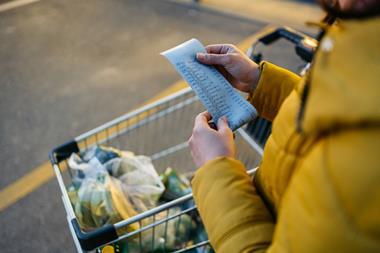



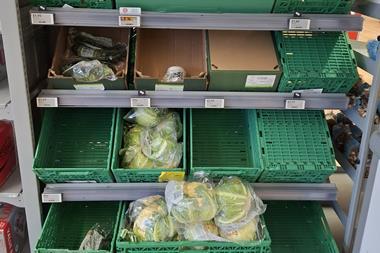


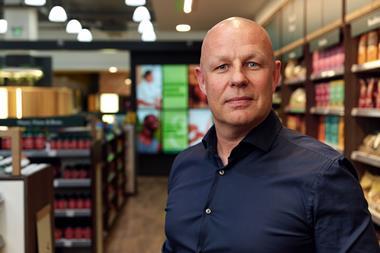



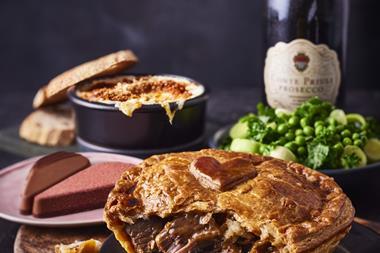
No comments yet